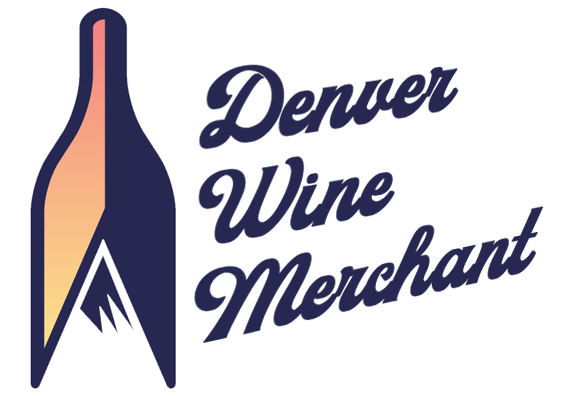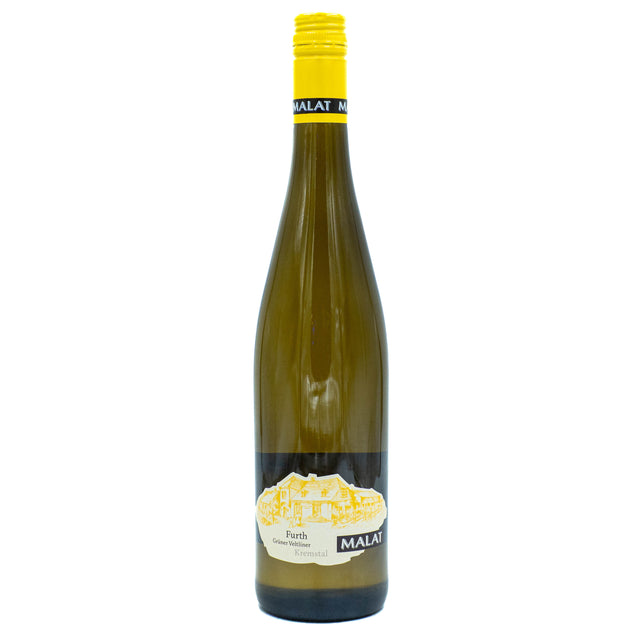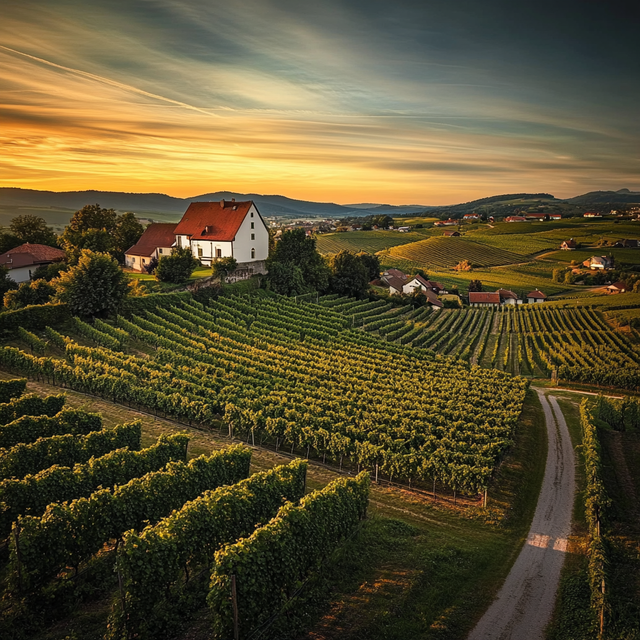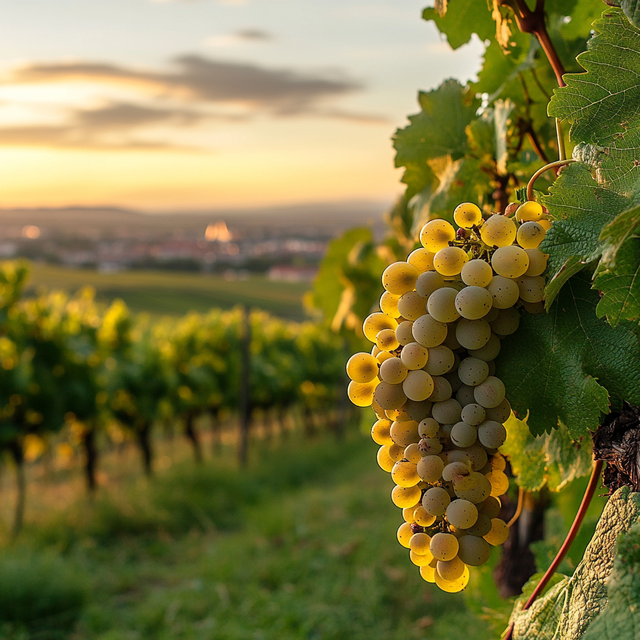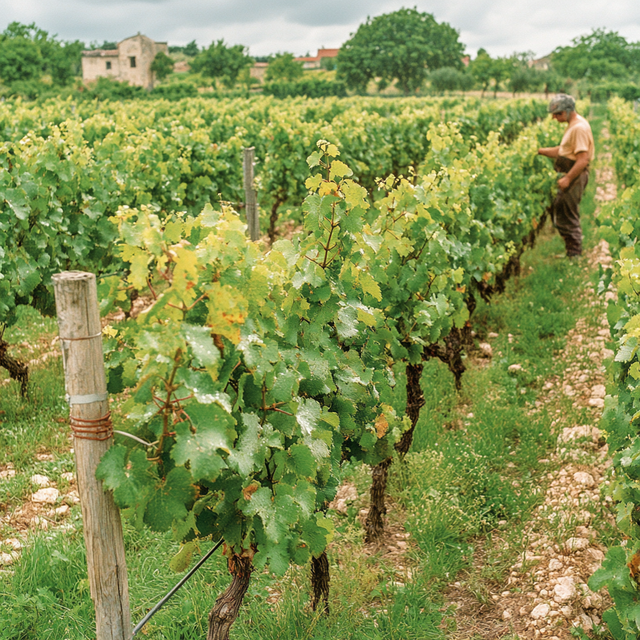Niederösterreich, or Lower Austria, is Austria's largest and most diverse Qualitätswein region. Encompassing eight distinct wine-growing areas from Wachau (a separate region on this website) in the west to Carnuntum in the east, Niederösterreich is best understood through its three main climate zones: the Weinviertel to the north, the Danube region and its valleys west of Vienna, and the Pannonian southeast. The Danube region, while including the separately-presented Wachau, also encompasses the renowned Kremstal, Kamptal, Traisental, and Wagram subregions, each celebrated for their expressions of Grüner Veltliner and Riesling, often grown on loess soils. Weinviertel, the largest subregion, is famed for its peppery Grüner Veltliner, marked by the Weinviertel DAC. In contrast, the Pannonian climate in the southeast yields outstanding red wines, particularly Zweigelt and Blaufränkisch, and regionally typical whites.
Austria - Niederosterreich
Grüner Veltliner is Austria's signature grape, producing distinctive dry white wines celebrated for their vibrant character. Primarily grown in regions like Wachau, Kremstal, and Kamptal, Grüner Veltliner is known for its high acidity and a compelling savory edge, often displaying notes of white pepper and spice alongside green and citrus fruit. The wines are typically medium-bodied and exceptionally food-friendly, offering a unique combination of freshness and complexity. Grüner Veltliner is a grape that is clearly expressive of its origins, and it is a cornerstone of Austrian winemaking excellence.
Gruner Veltliner
Practicing Organic vineyard farming involves growing grapes using organic methods—avoiding synthetic fertilizers, herbicides, pesticides, and fungicides—but without formal certification. Wineries adopting this approach prioritize environmental health, soil vitality, and biodiversity, using natural practices such as composting, cover cropping, and manual pest control. Many small wineries opt for practicing organic methods rather than pursuing official organic certification, primarily due to the significant cost, paperwork, and time commitment involved in certification processes. As a result, practicing organic is a popular choice among boutique and artisanal producers who remain committed to sustainable agriculture while managing budgetary constraints.
